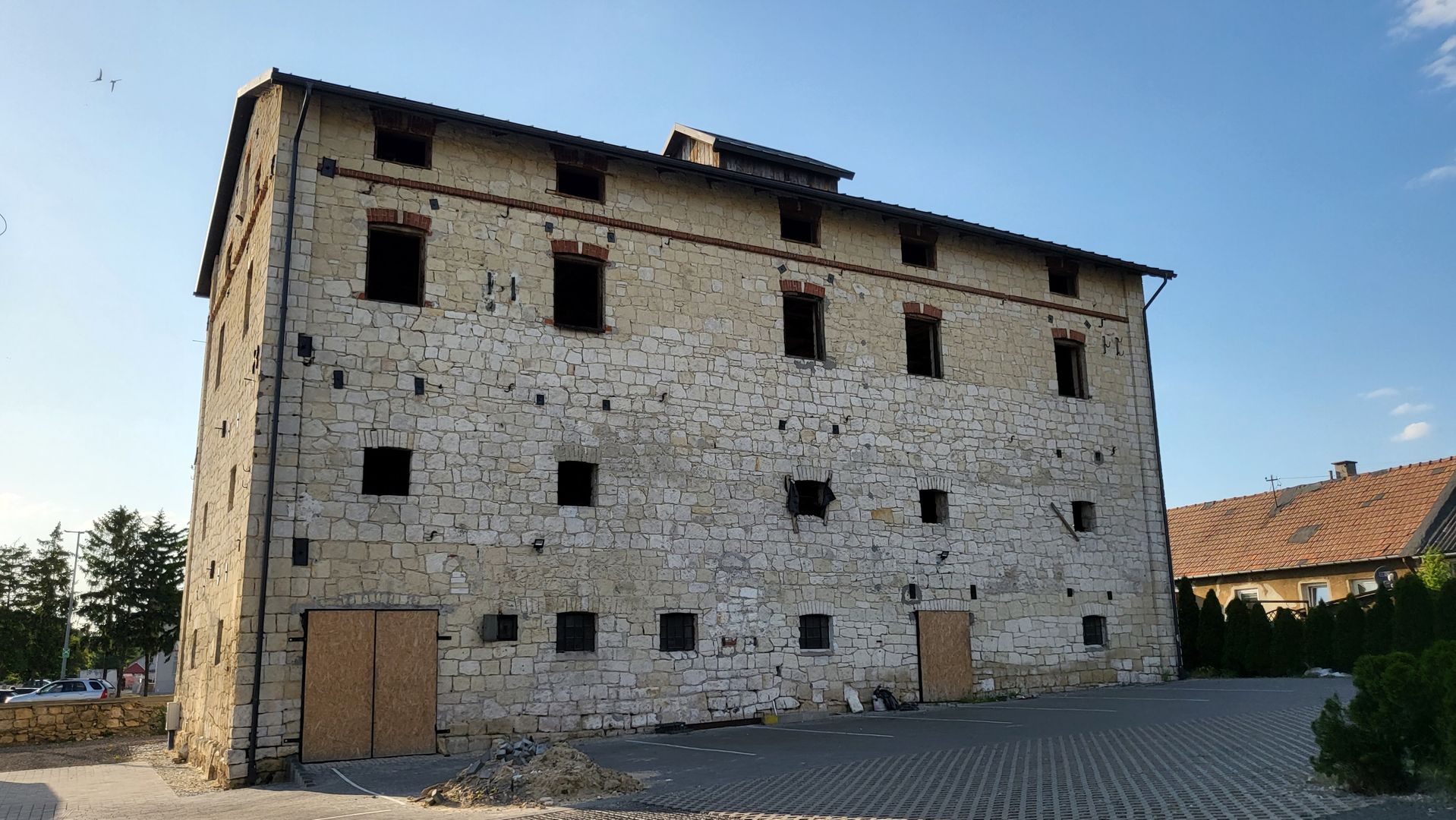Pińczów
7.01

Overview
Pińczów, a town in the Świętokrzyskie Voivodeship, is the seat of Pińczów County and the urban-rural commune of Pińczów. Chartered in 1428, it has historical ties to the Oleśnicki and Myszkowski families and was an important Reformation center and a hub for educational development. The town's architectural traditions are reflected in the historic Pauline monastery complex, which includes the Church of St. John the Apostle, and the late Renaissance Reformed Franciscan monastery on Mirów. Pińczów was home to the renowned Pińczów Academy, known as the "Sarmatian Athens," which played a key role in the spread of Reformation thought in Poland. In the 16th century, the town gained fame for the first complete Polish translation of the Bible, known as the Brest Bible. Pińczów also attracted diverse communities, including Jews, Italians, and Scots, who contributed to the development of local industries such as stonemasonry. In the 18th century, the town underwent intense re-Catholicization, which shaped its character. A fascinating fact is that a 15-million-year-old whale skeleton was discovered in a local quarry. In the 19th century, Pińczów became an important center for the food industry and hosted Russian military units. The town witnessed bloody battles during World War II and was a site of partisan activity. After the war, Pińczów retained its historical charm, reflected in its numerous monuments and vibrant culture. Beyond landmarks such as the Wielopolski Palace and the parish cemetery with its monumental tombstones, Pińczów offers diverse recreational opportunities, including a swimming pool and a equestrian center. The town engages in international cooperation with partners from other countries, highlighting its global openness. Pińczów remains an important center of local life, with numerous cultural initiatives, religious associations, and an innovative approach to tradition, making it an interesting place not only to visit but also to live.
Location
2026 Wizytor | All Rights Reserved